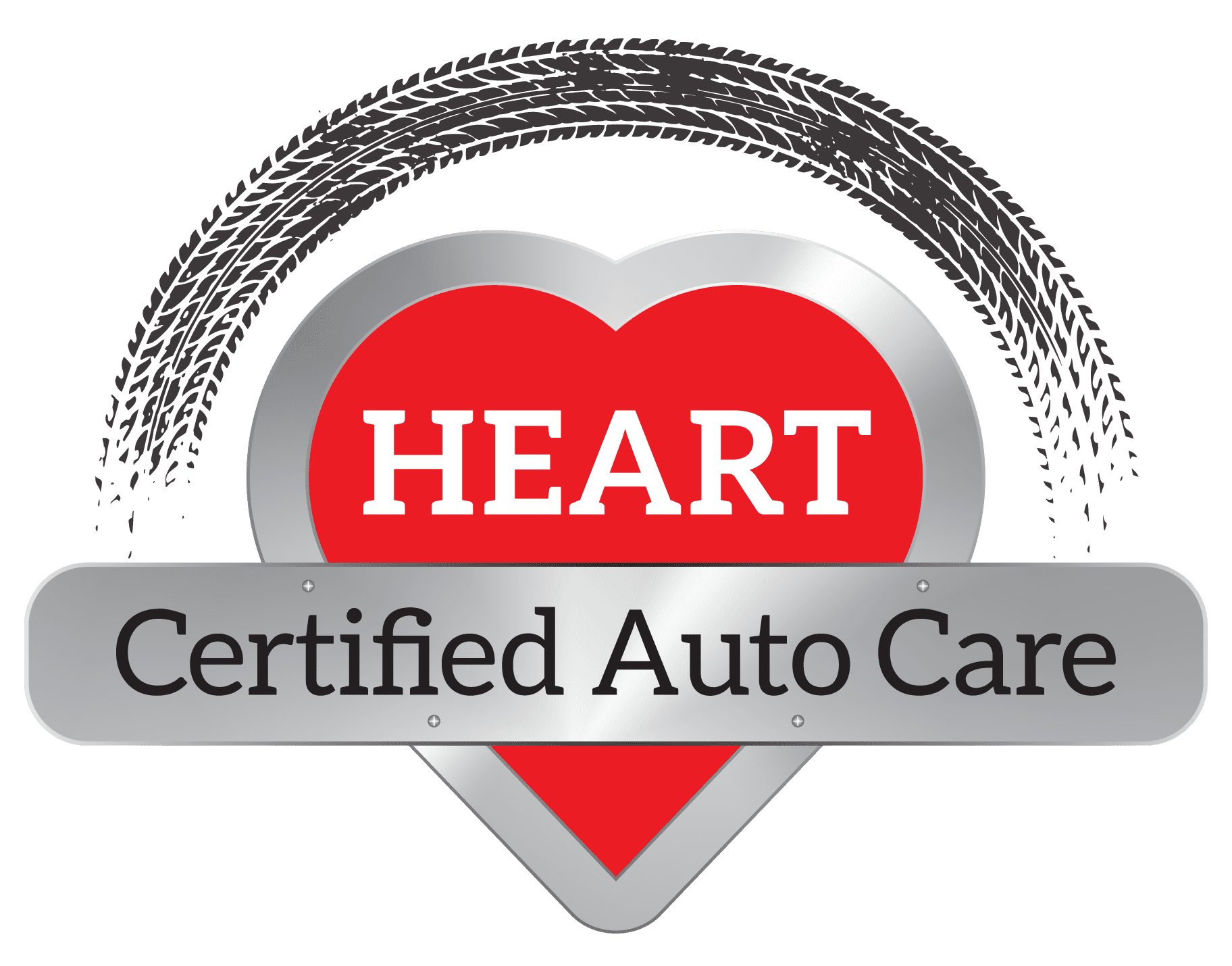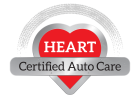Improving your car’s fuel efficiency is important for both your wallet and the environment. Poor fuel efficiency affects both your gas expenses, as well as the environment with the release of more emissions into the atmosphere. Fortunately, there are some simple steps you can take to improve the fuel economy of your vehicle and lower your running costs. In this article, we’ll go over how to improve your car’s fuel efficiency and save money on gas expenses.
5 Steps to Improve Your Car’s Fuel Efficiency
Whether you’re trying to save money or reduce your environmental impact, improving the fuel efficiency of your car can benefit you in many ways. By following some simple steps outlined below, you can reduce the amount of gasoline your car consumes and take advantage of various cost-saving and environmental benefits. Read on to learn how to increase your car’s fuel efficiency in five easy steps!
1. Drive Efficiently
One of the easiest and most effective ways to improve your car’s fuel economy is by driving efficiently. By following these tips, you can have a significant effect on your car’s fuel efficiency in both the short and long term:
- Avoid Aggressive Driving
Driving aggressively, such as speeding up quickly or slamming on the brakes, can cause your fuel efficiency to drop. When accelerating quickly, more gasoline is used compared to when you accelerate slowly and steadily. The same applies to braking; if you are able to anticipate traffic lights or stop signs and reduce speed slowly until it is time to stop, then you can conserve more energy than if you were to brake hard and suddenly. - Maintain A Steady Speed
When possible, try and maintain a steady speed while driving. If you’re frequently speeding up and slowing down while stuck in traffic jams or at a red light, this uses more gas than having a consistent speed across longer distances. To improve efficiency in this case, try planning ahead so that you don’t need to make frequent stops or changes in acceleration. - Anticipate Stops And Starts
Another way of improving your car’s fuel efficiency is anticipating, where possible, what might be coming next on the road. Having an awareness of when there might be stops or starts several cars ahead of you allows for smoother acceleration upon moving off from them. This helps with conserving energy from not having unnecessary fluctuations in speed settings.
2. Maintain Your Car
Maintaining your car is essential for achieving optimal fuel efficiency. In this article, we’ll provide tips on how to keep your car in top shape so you can get the most out of every gallon of gas.
- Keep Tires Properly Inflated
When tires are underinflated, they require more energy to move, which leads to decrease fuel economy and increased wear on the tires. Make sure to periodically check the pressure of your tires with a tire pressure gauge and fill them up as needed. Doing so will help keep your car running smoothly while improving its overall performance.
- Change Air Filters
Replacing your air filter regularly is important for proper engine maintenance and fuel economy. A clogged air filter restricts the flow of air into the engine, making it harder for the engine to run efficiently and affecting its performance. Consider replacing your air filter every 12-15,000 miles or more often if you regularly drive through dusty conditions.
- Use Recommended Motor Oil
Using the correct type of motor oil can help maximize your car’s fuel efficiency by reducing friction in the engine and allowing it to run more smoothly. Be sure to use oil that meets the manufacturer’s specifications and consult a professional mechanic if you’re unsure how often you should be changing it out.
3. Reduce Your Car’s Weight
Reducing the weight of your car can help improve its fuel efficiency. Here are some tips to help you lighten the load and get the most out of your vehicle.
- Remove Unnecessary Items from the Trunk and Roof
If you’re carrying items such as bikes, camping gear, or other heavy items in your trunk or roof, consider removing them when they are not needed. This will help reduce the strain on your engine and result in better fuel economy. - Replace Heavy Parts with Lighter Alternatives
Replacing heavy parts with lighter alternatives is another way to increase fuel efficiency. For example, installing aluminum wheels instead of heavy steel ones can reduce rolling resistance and improve overall fuel economy. Additionally, replacing a heavier battery or air conditioning system with a more lightweight one can make a big difference.
4. Use Fuel-Efficient Products
When it comes to keeping your car running smoothly and efficiently, there are several steps you can take to improve its fuel efficiency. Here are some tips on how to make the most of your vehicle’s performance:
- Use Fuel-Efficient Products
Using products designed specifically for increasing fuel efficiency can have a tremendous effect on the life of your vehicle. High-quality gasoline, fuel additives, and low-rolling-resistance tires will all help keep your engine running more smoothly and efficiently. - Use High-Quality Gasoline
Investing in higher-grade gas may seem like an unnecessary expense at first, but it pays off in the long run when you experience improved performance from your car. Higher octane gas prevents the buildup of deposits in your engine that could lead to costly repairs down the line. - Add Fuel Additives
Adding certain fuel additives to gasoline can also increase fuel efficiency over time, as they reduce friction between moving parts in the engine and thus require less energy from gasoline or diesel to propel them. Many experts recommend using additives that optimize combustion efficiency, such as those that contain polyisobutylene (PIB). - Use Low Rolling Resistance Tires
Tires come in a variety of grades designed for different types of driving conditions, including wet roads and icy roads. But if you’re looking for a way to maximize your car’s fuel efficiency, consider switching to tires with lower rolling resistance values — they require less power from the engine to keep rolling, which results in better mileage.
5. Plan Your Trips
Planning is an important part of maximizing the fuel efficiency of your vehicle. Here are some tips for making sure you get the most out of every drop of gas:
- Plan Your Trips
The way you plan and execute your trips can have a major impact on your car’s fuel efficiency. Taking steps like combining errands, avoiding rush hour traffic, and using navigation systems can all help reduce the amount of time spent on the road and lead to better fuel economy. - Combine Errands
Instead of running separate errands each day, try to combine multiple destinations into one trip whenever possible. This will allow you to optimize your route and save fuel while getting everything done at once.
- Avoid Rush Hour Traffic
Traffic jams are one of the biggest culprits when it comes to reduced fuel efficiency in vehicles — not only do they eat up precious time, but they also require more stops and starts from your engine, which consumes gas unnecessarily. Whenever possible, try to avoid rush hour traffic by leaving earlier or later than usual.
- Use Navigation Systems
Using navigation systems like Google Maps or Waze can help you find the shortest route available for any given trip, even if that means circumventing all the usual shortcuts you would take without such guidance. Not only will this save precious minutes (and fuel), but it may also help you discover new routes that you never considered before!
Improve Your Car’s Fuel Efficiency with HEART Auto Care
When it comes to improving fuel efficiency, regular maintenance and repair services from a trusted automotive expert like HEART Auto Care are essential. Here’s why taking your car to the experts at HEART Auto Care for all of your fuel efficiency needs will get you better mileage without sacrificing safety or performance.
Regular Maintenance and Repairs
Regularly changing your vehicle’s oil and fluids, as well as maintaining correct tire pressure, are just two of the common sense steps that you can take to get better fuel economy. At HEART Auto Care, we take it a step further by performing diagnostic tests on all vehicle systems and providing immediate repair services when needed – so you can get back on the road quickly and safely without needing a costly new car purchase.
Quality Parts and Free Inspections
HEART Auto Care only uses quality parts for reliable results that ensure your car runs smoothly and increases its fuel efficiency over time. We also provide preventive vehicle inspections to catch potential issues before they become more costly repairs – which would eventually harm your car’s gas mileage.
Make sure your car’s fuel efficiency is at its best by visiting HEART Auto Care today! Our knowledgeable staff will have you feeling confident that every step has been taken to maximize your gas mileage in an easy and efficient way. With Our help, you’ll soon be enjoying improved economy while cruising down the highway again!
Final Thoughts
Improving your car’s fuel efficiency is important for both your wallet and the environment. From utilizing the correct oil to changing air filters frequently, there are a variety of tips available that can make a difference in regards to achieving better results. By following these simple tips on how to improve your car’s fuel efficiency and making small changes, drivers everywhere can be sure that they are doing their part when it comes to improving fuel efficiency.





